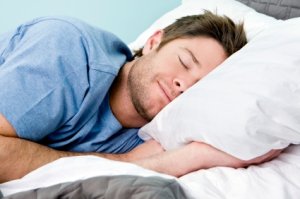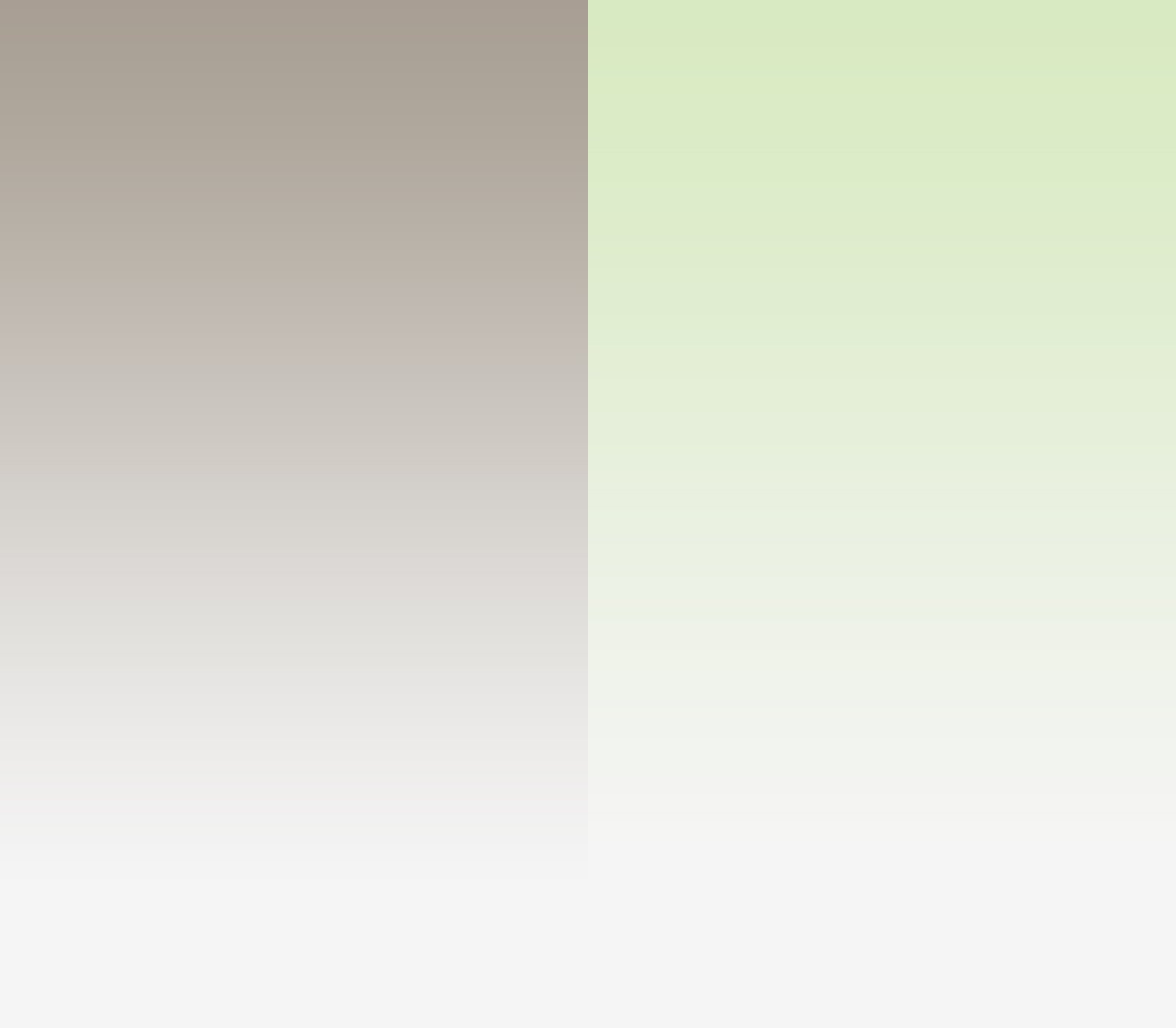Insomnia

A team of researchers collaborated to test the effectiveness of using acupuncture to treat insomnia. The researchers came from the Shanghai University of Traditional Chinese Medicine, the Beijing Fengtai Hospital of Traditional Chinese and Western Medicine, the University of Maryland School of Medicine and the University of Hong Kong.
The subjects in the study received a total of 12 acupuncture treatments. These were administered three times a week for four weeks. Each treatment lasted 30 minutes. Subjects were randomly divided into either a treatment, group in which they received active acupuncture, or a control group and received “sham” acupuncture. The effectiveness of the treatment was measured using two surveys, plus the addition of an actigragh sleep monitor. Assessments were made during the treatment program as well as at two and four weeks after the final treatment.
The researchers involved made particular effort to ensure the study not only adhered to scientific method (single-blinding), but also that it maintained the integrity of the Chinese Medicine model. This they thought, would lead to more reliable and informative outcomes. They insisted on using strong needle stimulation. This was considered to be an improvement on previous studies which provided indifferent results.
The key findings of the clinical trial are as follows:
- Acupuncture may be an effective treatment for insomnia;
- It improves the ease of falling asleep and the length of sleep;
- The improvements in sleep evident after the second week or treatment;
- The depression and anxiety, which was also experienced by the subjects, was also alleviated;
- The improved sleep lasted for at least four weeks after the final treatment.
Xua, Y., Guo, M., Xu, J., Dong, B., Yin, P., Masquelin, F., Wu, J., Lao, L. & Xu, S. Efficacy and safety of acupuncture treatment on primary insomnia: a randomized controlled trial. Sleep Medicine (2017) p. 198.




